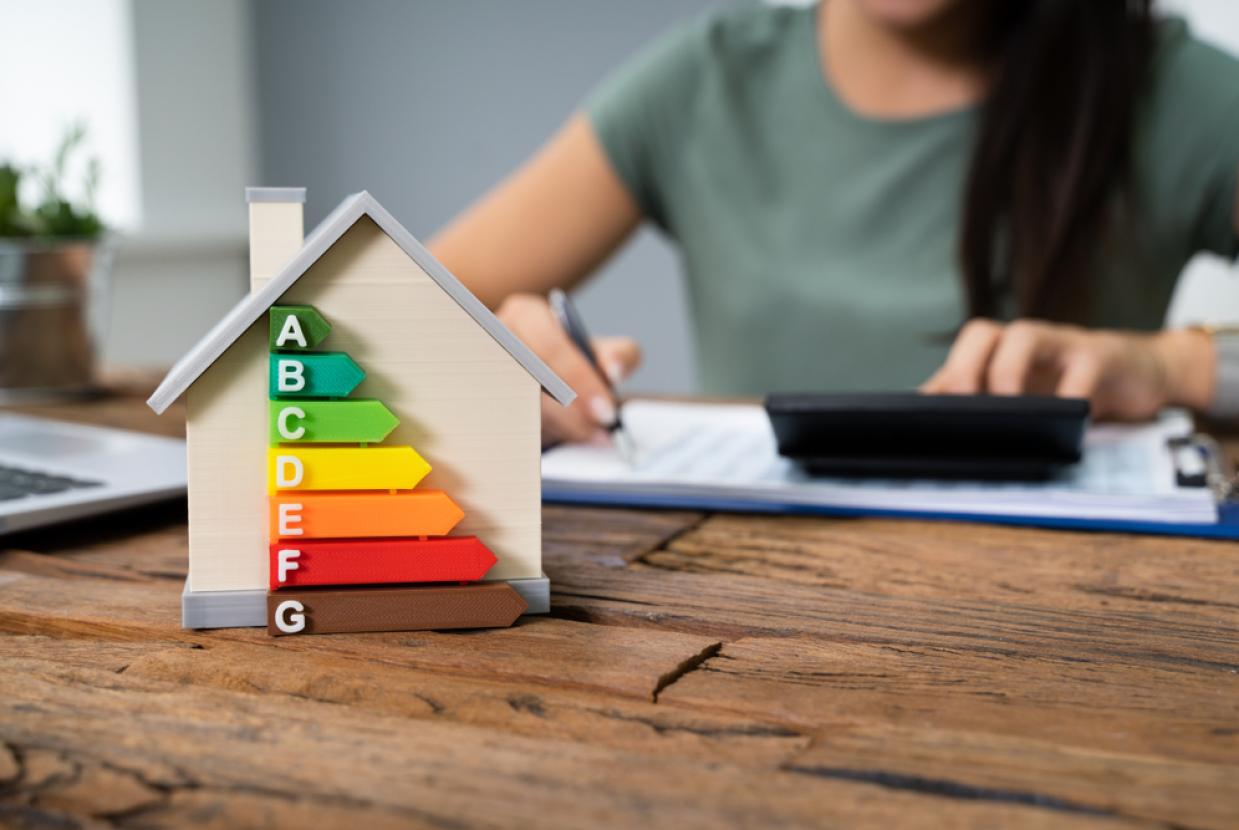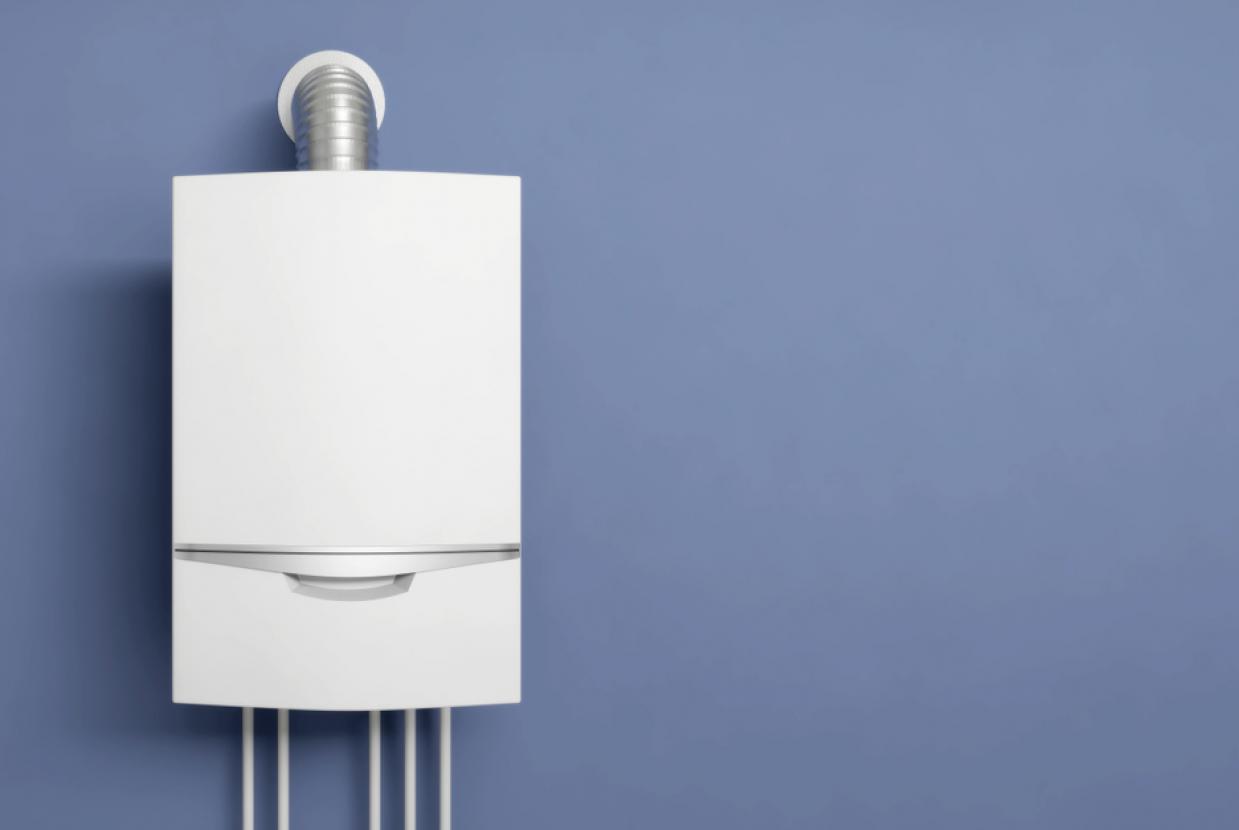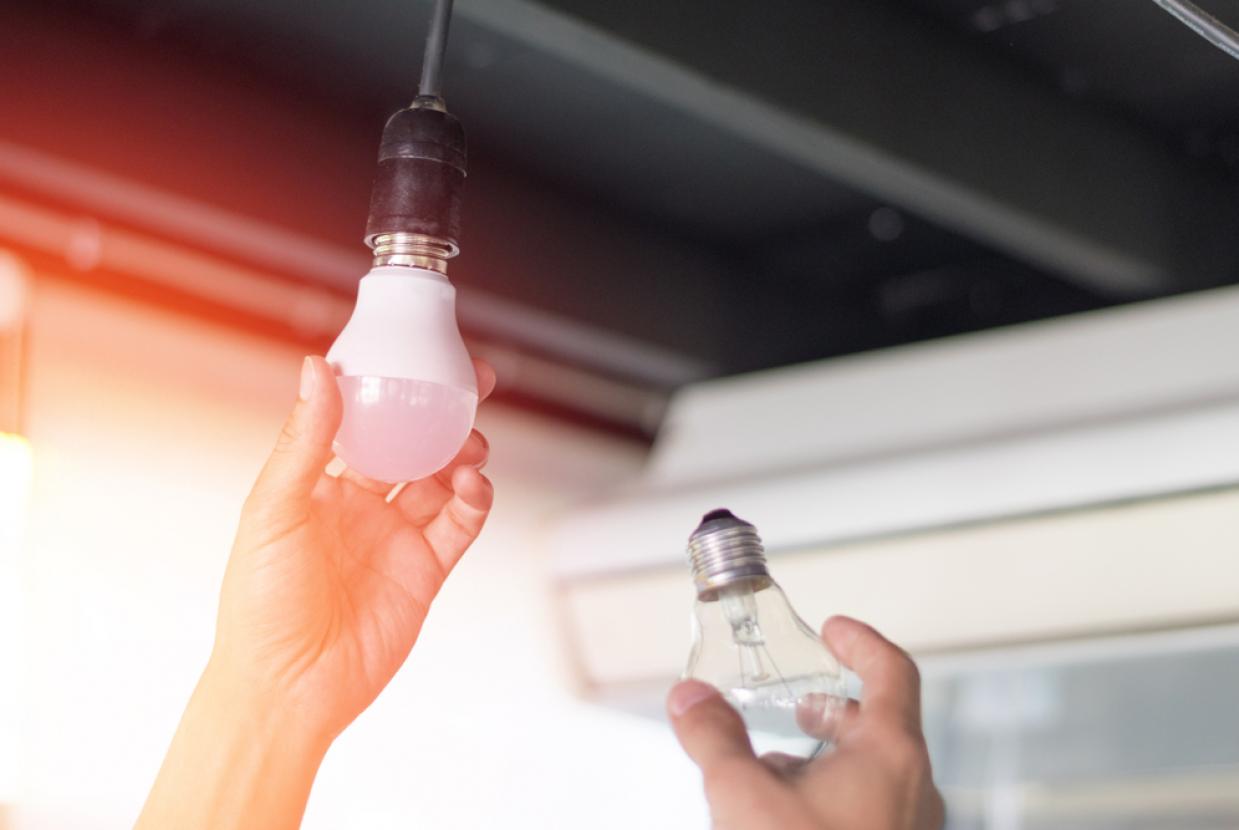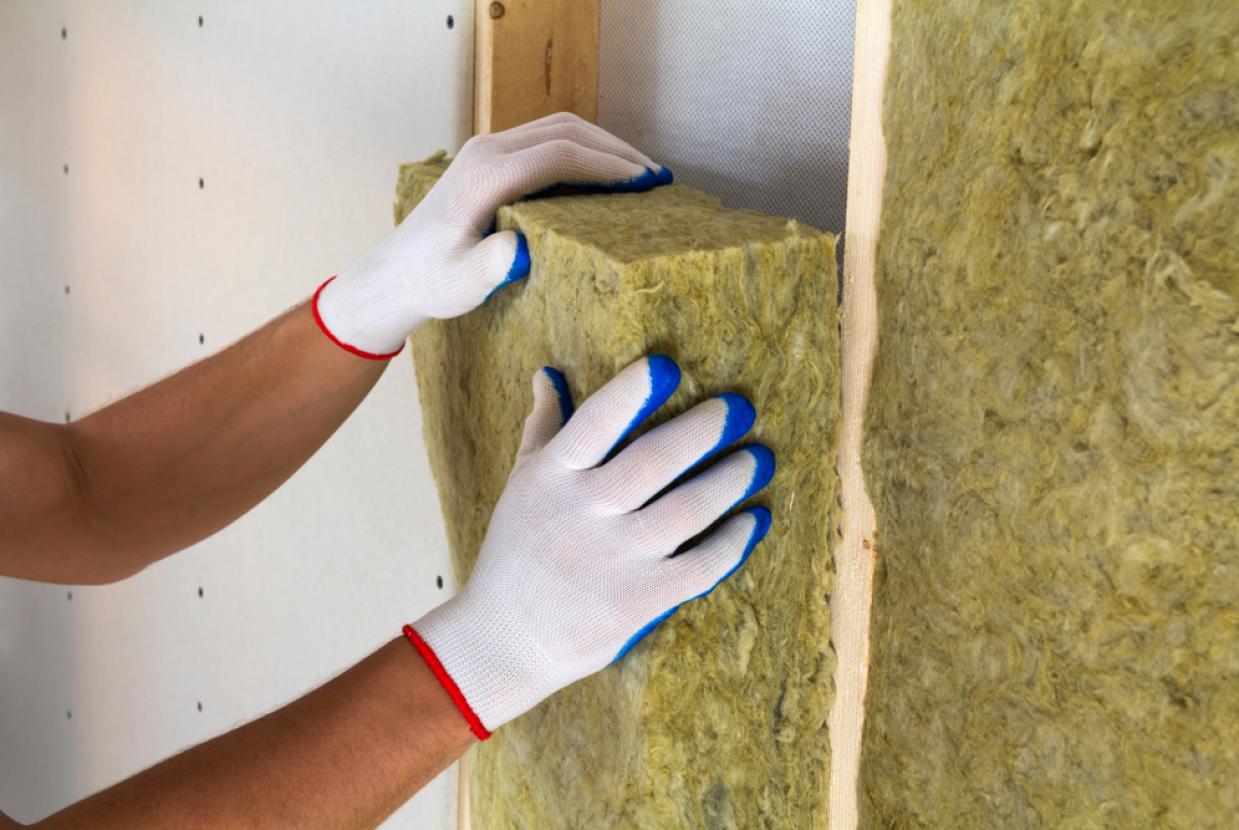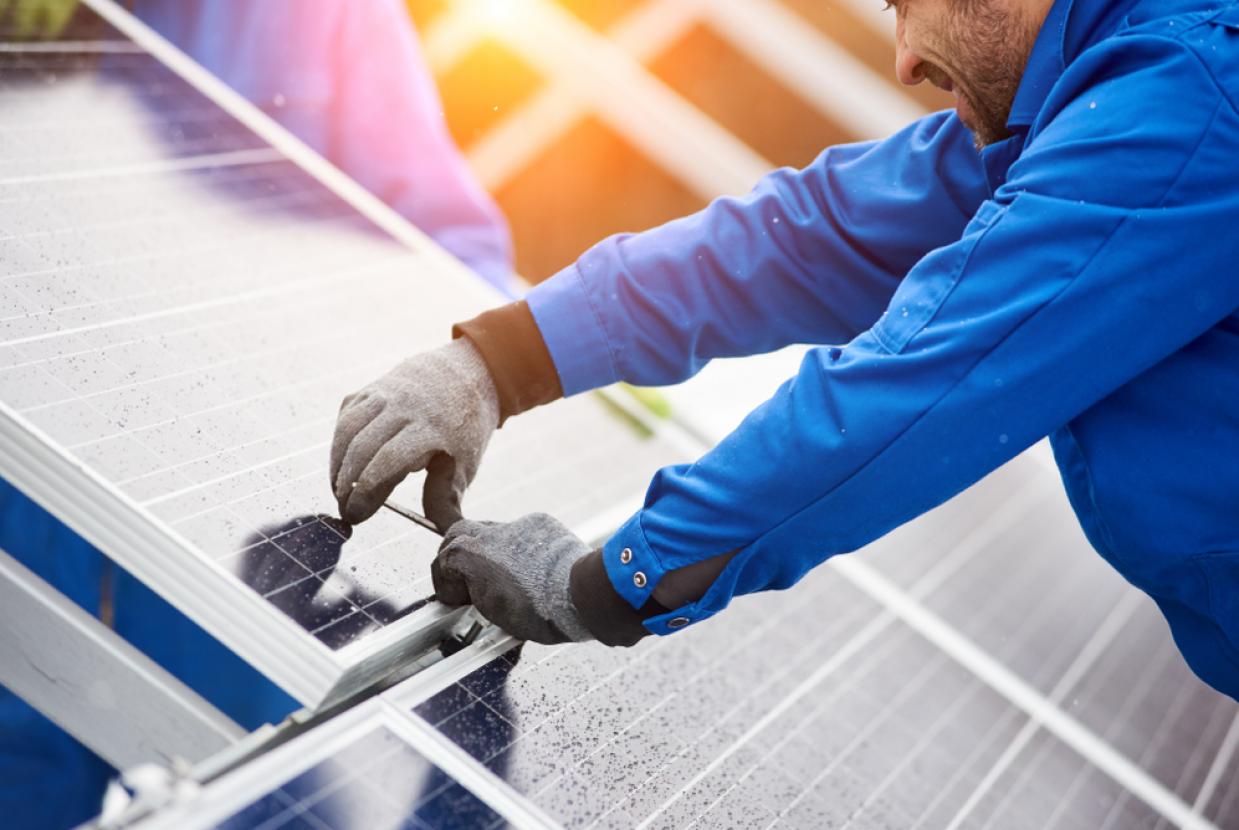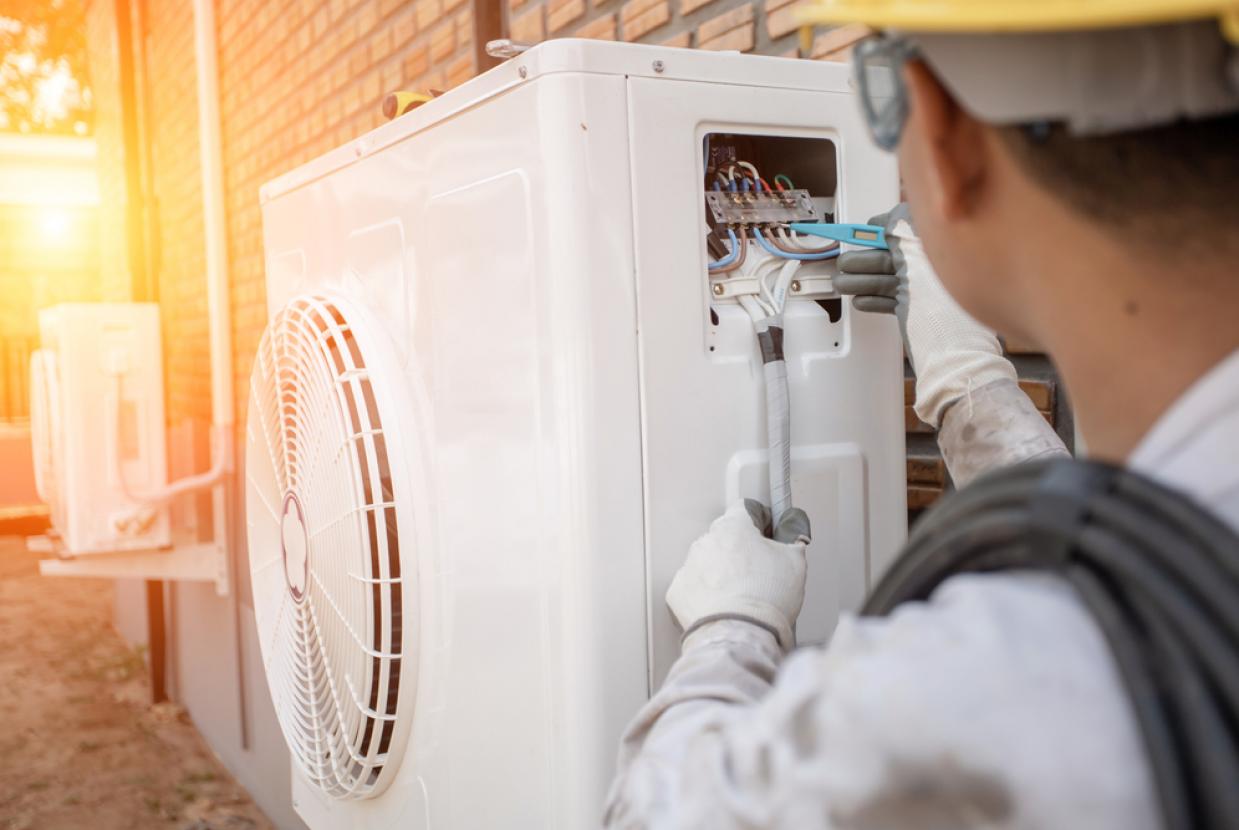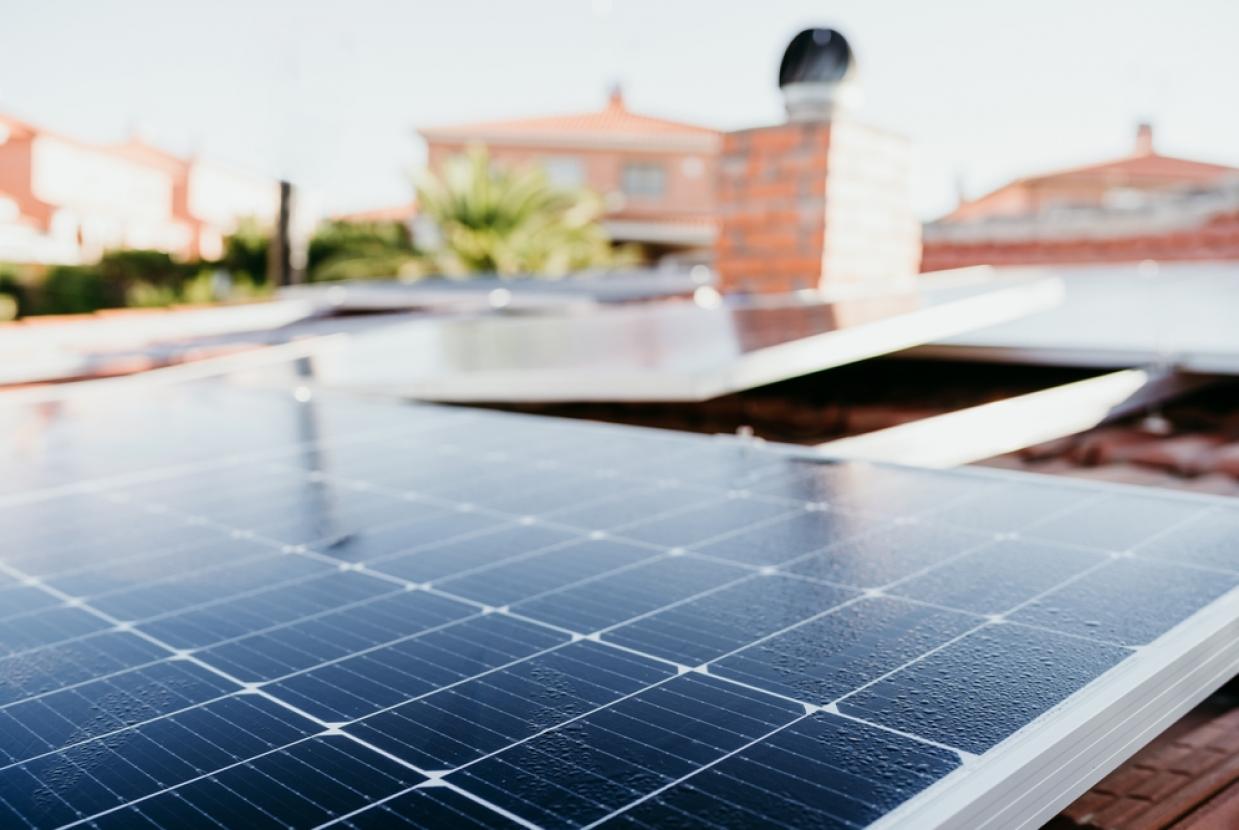Energy Efficiency
Using less electricity means more cash in your pockets. Using electricity efficiently cuts carbon emissions and helps protect the environment. Follow the guidelines below and start saving energy.
In the kitchen
There are many ways you could increase your energy efficiency in the kitchen:
- only use the amount of water you need when boiling the kettle (cover the element of an electric kettle)
- put lids on pots and turn down the heat when the water starts to boil - lids not only keep heat in a pot but also cut condensation in the kitchen
- steamer pots cut hob usage
- where possible, use the oven for more than just one item and remember you can cook at a higher temperature at the top of the oven, and simultaneously at a lower temperature at the bottom
- remember every time you open the oven door to check cooking you lose 20 per cent of the accumulated heat
- defrost your fridges and freezers regularly and avoid putting hot food in the freezer
- never leave the fridge door open
- there's emerging research that using a microwave rather than a conventional oven to heat up a small amount of food may save you energy
Washing clothes
You can save energy while washing clothes with the following tips:
- washing clothes at 30 degrees can be just as effective for a normally soiled load
- run your washing machine or dishwasher with full loads
- avoid tumble drying – dry clothes outdoors or on indoor driers when possible to save money and energy
Heating and hot water
This advice can help you cut energy loss from heating and hot water:
- turning your central heating down by one degree could cut your heating bills by up to 10 per cent
- turn down your immersion heater temperature by one degree – you will save energy and you're unlikely to notice the difference
- close curtains at night to keep heat in
- do not block radiators with furniture
- never leave the hot water tap running
- use the shower, if you have one, rather than the bath
Lighting
These tips can help you cut energy use:
- use energy efficient light bulbs – if every UK home installed three of them, it would save enough energy to power all the UK's street lights
- try to remember to switch the lights off every time you leave a room
- use 'task' lighting rather than whole room lighting when only a small amount of light is needed
Appliances
For you appliances, it is important to:
- never leave mobile phones on charge overnight
- make sure computer equipment is switched off and unplugged when not in use
- electrical appliances on standby cost money - switch off on the appliance itself or turn it off at the plug if possible
- Energy saving products use less energy and therefore cost less to run. The Energy Saving Trust Register is an extensive database of energy efficient products.
Saving electricity with a home energy monitor
A home energy monitor is an easy way to see how much electricity you’re using, as you use it, and what it costs. People who fit home energy monitors tend to find their energy use drops by between five and 15 per cent in the first year of using them.
What is a home energy monitor?
A home energy monitor helps you see how much electricity you are using at a given time. It is also known as a 'real time display' or 'RTD'.
A clip from the monitor is attached to the cable from your electricity meter. The current is then measured and transmitted wirelessly to a display that you can keep anywhere in your house.
It isn’t a substitute for your electricity bill, but it can show how much your electricity is costing if you update the monitor with any changes to your tariff.
The Energy Saving Trust estimates that households in the UK waste around eight per cent of their electricity bill on standby power – that’s about £30 a year for an average household. Also, £140 million a year is wasted through leaving lights on in unused rooms.
In small-scale trials of home energy monitors, customers have typically saved five to 15 per cent in the first year of owning a monitor, which could be £25 to £75 off a £500 bill.
How to get one and what they cost
There are a number of retailers selling monitors with different functions from £30 to over £100. You can find a retailer by searching online for ‘home energy monitor’.
NI Energy Advice
NI Energy Advice offers free independent and impartial energy advice to domestic householders in Northern Ireland - including advice about energy grants and other sources of help - NI Energy Advice.


